Alan Rossi's 'Our Last Year' and the unyielding sincerity of /newwave/romanticism/
An under-appreciated gem that stands against a general climate of wretchedness
There’s a quote I can’t find (or even really remember) from Katherine Dee dating back several years.
I remember it because it once appeared on her Twitter feed and it stuck with me in a painful, barbed manner, reminding me of the youth of my generation: of all the people who’d loved us so sincerely and who we’d nonetheless chosen to abandon in pursuit of the next one.
I’m (extremely heavily) paraphrasing here, but as far as I can remember, it went something like this:
I think people don’t quite appreciate the tragedy of two people breaking apart from one another. Every relationship has its own vocabulary, siloed from the world, that builds something that no one on the outside can see. And when it comes to an end, this private, precious thing gets broken apart irrevocably, adding to what is lost, and adding to the underlying sense of tragedy.
When I was a younger man, I couldn’t get enough narrative grittiness in my life.
Millennials, of course, popularized the idea of the grim antihero, but the appeal of this narrative trope reflected a broader attraction to varying forms of nihilism and a general affinity for wallowing in wretchedness on both a literal and spiritual level.
Of course, this was reflected in our aesthetic tastes as well. This was true not only for more notable mediums like film but also for various forms of literary storytelling—gritty auto-fiction in particular.
I’m not entirely sure why I’ve lost interest in this.
Maybe your soul runs out of steam after a certain level of psychic drawdown and you hit some kind of internal psychological limit.
Or maybe it just gets harder as you get older.
I look back and shudder on how easily we discarded one another, how much contempt we had for sincerity and longing and the codification of avoidant-attachment patterns in dating “rules” that crushed perhaps half the souls of an entire generation.
In my view, the defining cultural characteristic of millennials is that, as a group, we innovated on a number of civilizational dead-ends: in creating new forms of non-reproductive pleasure-seeking, in elevating hedonic utility curves to the peak of meaning, in the essential prioritization of cumming as much as possible.
This too was present in our narrative works, which emptied most vessels of meaning, leaving only various conflicts on the axis of the culture war.
Of course, you might well say that I too am guilty of this.
INCEL is a dark, satirical novel that explores some very difficult existential questions about the essential problem of human meaning.
It is only at the very end of the novel, that—spoiler alert—the protagonist understands the universality of suffering, and in so doing, opens of shaft of meaning.
(“There’s a crack in everything, that’s how the light gets through,” as they say).
Alan Rossi is a writer whose work I randomly encountered scrolling through Amazon’s algorithmic recommendations.
On a whim, I bought it based on an interesting description that reminded me of Terence Malick’s Tree of Life:
Our Last Year is a book about change, transformation and metamorphosis; through the internal narration of its two characters, the novel follows the disintegration and renewal of a marriage, in synthesis with a much wider natural reality. It tells a story of damage and destruction, both painful and restorative, and necessary. The trajectory of the novel – of becoming part of the planetary process, awake to it, enlivened by it, compassionate towards it – is dramatised through two minds, with an honesty and openness that urges us to contemplate our relationships with others and with our environment.
I’m glad I did, because I loved this novel.1
A neo-Buddhist presentation of meaning
Rossi is an interesting figure in that he’s arguably very well credentialed but has a relatively minimal footprint online (which I assume is a deliberate choice on his end).2
Rather than double-click on his life, though I want to focus on his book.
Our Last Year does two things as a novel that I found very compelling:
Stylistically, it uses long, run-on sentences that reach a potent lyrical register that exceeds the apparent simplicity of its component words. While it takes some getting used to as a reader, after the first couple of pages, it’s smooth and rewarding.
Philosophically, it interweaves descriptions of natural processes—biological, climate-related, and planetary—in a way that captures the rhythmic oscillations of nature and life. This structure points toward a more rigorous thematic depth than you would typically find in more politically-inflected contemporary fiction.
Many contemporary writers, I feel, hide behind minimalist realism in order to mask more general deficits in their skills.
And even fewer have any interest in engaging with deep existential questions for which modern secular culture struggles to formulate a satisfactory answer for.
Our Last Year stands out, and I felt captured by this book almost immediately.
The book starts with an account of a relationship that is in the midst of failing:
The novel’s narrator swings between the subjectivity of the husband and the wife, sometimes lingering on a more expansive, naturalistic observation of the world.
I was reminded of the biological and planetary scenes in Terence Malick’s Tree of Life in the way that these observations were seamed into the flow of the story.
This oscillation between the mundane and the planetary doesn’t quite feel Biblical in character, but rather, feels like the continuity of all things.
It’s not an Abrahamic work in the way that Tree of Life is, but instead, it dips into the thematic reservoir of Buddhist spirituality and perhaps even gestures to certain adjoining, related ideas such as Panpsychism or even Cosmo-psychism.
Flowing between the scale of time, biological, and climate, Rossi depicts relationship fatigue in a way that understands the treadmill of modernity: why keep working on your relationship when there exists the possibility of exiting it altogether and fucking someone else?
This exhaustion is, in this marriage, symmetrical:
Indeed, it is interesting to contrast Our Last Year’s millennial optimism with Matthew Gasda’s Sleepers—to me, these books sort of read as a kind of interesting near-contemporaneous pairing.
Here Rossi presents the allure of the extramarital, scoped as an easy slipstream back onto the treadmill of dopamine:
The trauma plot rears itself again
I go back and forth on the literary debate about the trauma plot.
On the one hand, defining a character’s developmental arc by way of childhood experience feels very intuitively correct and, to be fair, largely aligns with the scientific literature on topics like abuse and its semi-deterministic downstream psychological consequences. Here, I have to reiterate all the standard statements around mental illness being “real” in the fundamental sense, correlated to brain states, and driven by various neuroscientific forces and so on.
(Yes, all of that is real).
And yet, I also agree that the centrality of trauma as a narrative device in contemporary narrative feels overused, and, at times, sickly pornographic, reductive, and, at worst, repetitive.3
To an extent, Our Last Year ascribes the wife’s desire to escape her marriage to various forms of childhood neglect and and sexual abuse. In this framing, the ongoing relational neglect from her current, (non-abusive) husband activates her latent childhood trauma, contributing to the fracture of the marriage.
But what separates it from other novels of this generation is that this revelation is a waypoint in this character’s journey, and doesn’t expand to fill the entire space of her life’s meaning or trajctory. And what I mean by that is not that the novel believes that this traumatic abuse didn’t affect her, but that it situates that abuse within a much broader and deeper presentation of the character’s own agency and ability to effect positive change in her own life.
That is to say: it explains without lingering, and moves on.
Underlying this, I feel, is a Buddhist inflection to the presentation of the character’s backstory.
Life is suffering, after all.
Therapist-as-priestess, therapist as God
My memory is once again failing me and I can’t find the viral Substack post about millennials seeking moral instruction from their therapists and a concomitant validation of their life choices. Therapists, in this theoretical framework, are implicitly expected to answer fundamentally normative questions about how to live rather than maintain the professional neutrality that is nominally expected of them.
Once again, I’m personally of mixed minds here.
I think therapy can often be highly beneficial but it’s simultaneously true that, like any other treatment, it has various failure modes including a validation-seeking and pathological affirming of bad life choices.
As a society, we’ve dispensed with God and any overarching spiritual architecture of normative morality.
Is it any wonder that we want our therapists to provide the moral instruction we still crave?
Our Last Year presents a couples counselor as a sort of wise priestess with near-perfect knowledge of both characters and their attendant path of healing:
It’s perhaps the only thing about this novel that felt like it caused some friction for me: not because I didn’t find this particular character’s advice practically effective in restoring the relationship, but because I felt that the character was almost too faultless in the depth of her wisdom.
But then I realized—is this really so implausible?
Is it so thoroughly implausible to posit the existence of a very good therapist?
The therapist/couples counsellor posits some interesting comparisons: is male pornography use really that different from casually flirting with other men?
Aren’t each of these instances of lust in your heart?
Interestingly, the story centers questions of trauma, behavior, and moral responsibility in the context of childhood abuse:
Ultimately, I don’t feel that Our Last Year is rigorously attached to a normative account of therapy as a form of perfect wisdom or healing. You have the sense, when reading it, that the story isn’t trying to convince you of anything. It just flows forward, energized by a matter-of-fact description of events defined by their own unyielding sincerity:
But what if you’d tried?
Chris Jesu Lee has a very good article called “Millenials Will Age Terribly” that I often find myself going back to.
In the coming years, the defining characteristic of the aging, solitary millennial might well become regret.
“But what if I’d tried?”
“What if I’d tried to make that relationship work?”
What I love about Our Last Year is its commitment to trying—to not giving up, or, better yet, to abandoning the rubric of self-actualization and the notion of freedom as an unmitigated good.
It’s very much the antithesis of social script that we developed and distributed, at great cost, to our entire generation.
Thinking through /newwave/romanticism/ and its taxonomic discontents
I firmly believe that one of the secrets of life is that you can just meme things into existence.
The power of hyperstition is that it isn’t a strict problem of logic: particularly for literary or artistic movements, categorization isn’t a hard boundary. It’s a fluid, organic membrane that inserts itself around various works of similar composition.
Some definitions of the New Romanticism or /newwave/romanticism/ will, for the sake of authority, look toward the past as a kind of formal anchor for the definition. Maybe they’ll quote Byron or certain ways of living as necessary logical ingredients of the modern instantiation of the movement.
But I think we can take a liberatory view of hyperstition here, and simply reformulate the meaning of what these boundaries might look like without very much attachment to the past.
We are free to splinter in our direction.
I think, very simply, that /newwave/romanticism/ needs only a simple, straightforward core to persist as a new, self-replicating category: all it has to do is care about beauty, sincerity, and meaning, and present a positive vision of these things that the human soul can wrap itself around.
In this respect, Our Last Year stands as a central column.
Coda: Tao Lin interviews Alan Rossi
I’ve resisted watching this interview with Tao Lin and Alan Rossi because I wanted to review the book in a vacuum, but I’m posting it here for context.
I want this book—and by extension, Alan—to get the attention it rightfully deserves, and some of you may find this dialogue interesting.
After posting this, I’ll watch it myself as well.
Side note for readers: I strongly encourage you to buy a physical copy of this book. It holds very well and there’s something very beautifully executed about its minimalist design and typography that isn’t well captured in the thumbnail image of the book. You can buy a copy directly from Prototype Publishing here.
To get a broader sense of his background, I’d suggest checking out his very good piece “The end of the story” in Cluny Journal. It’s a beautiful account of the relationship between Buddhism and writing, and it helps to put Our Last Year into context.
A Little Life, anyone?



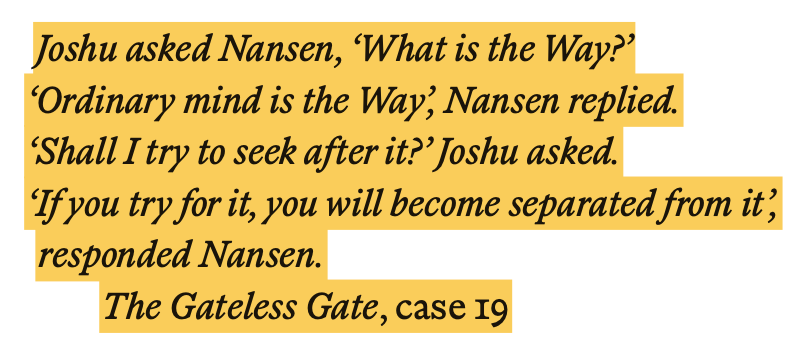
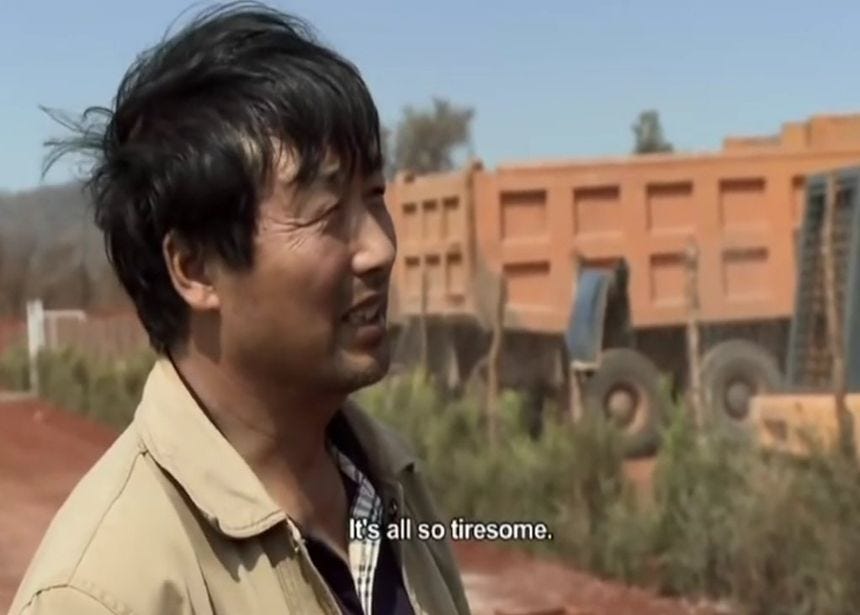
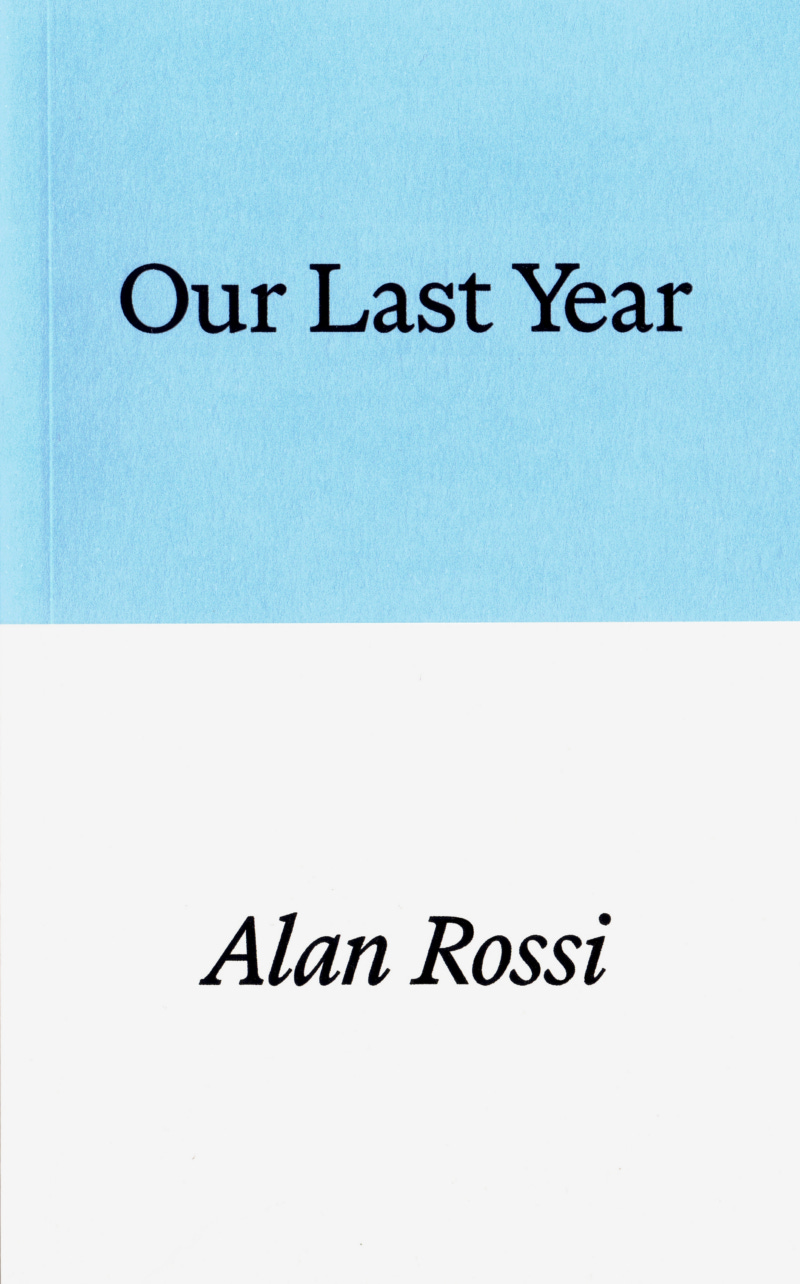

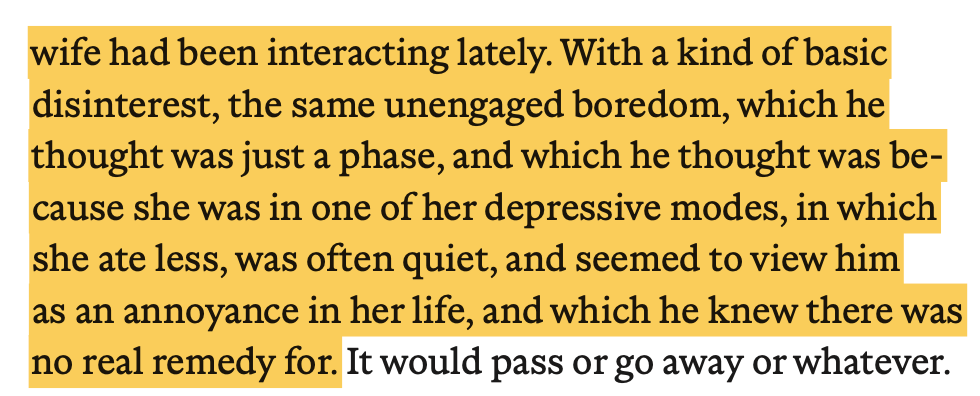

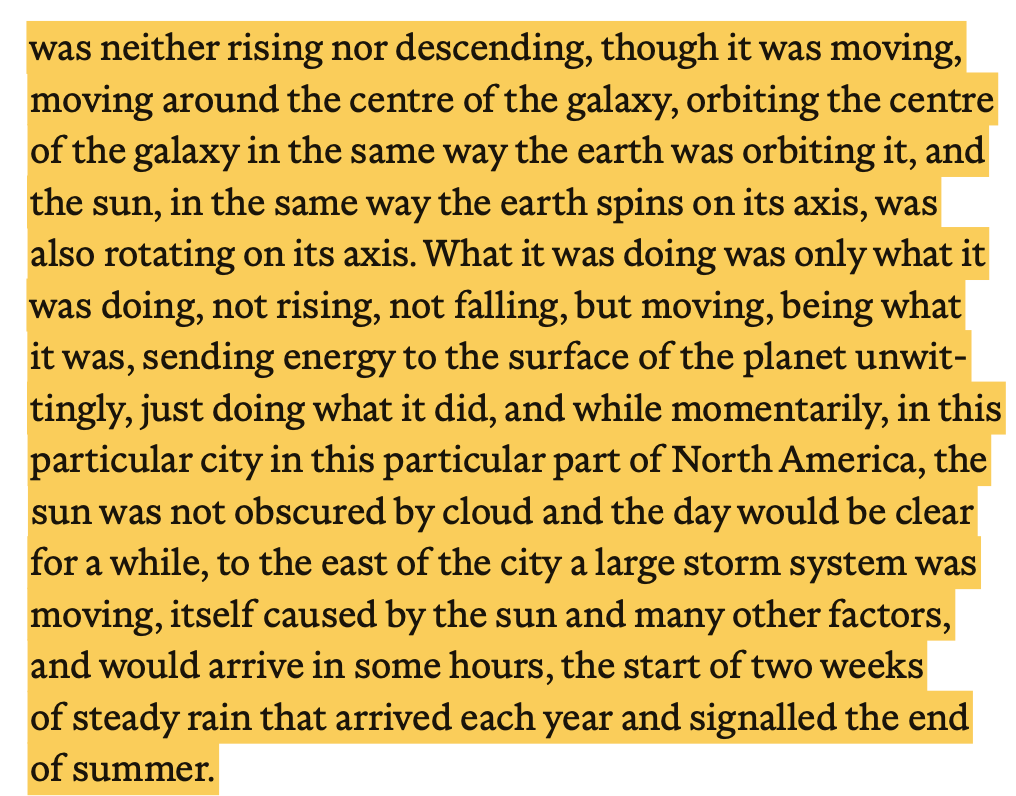
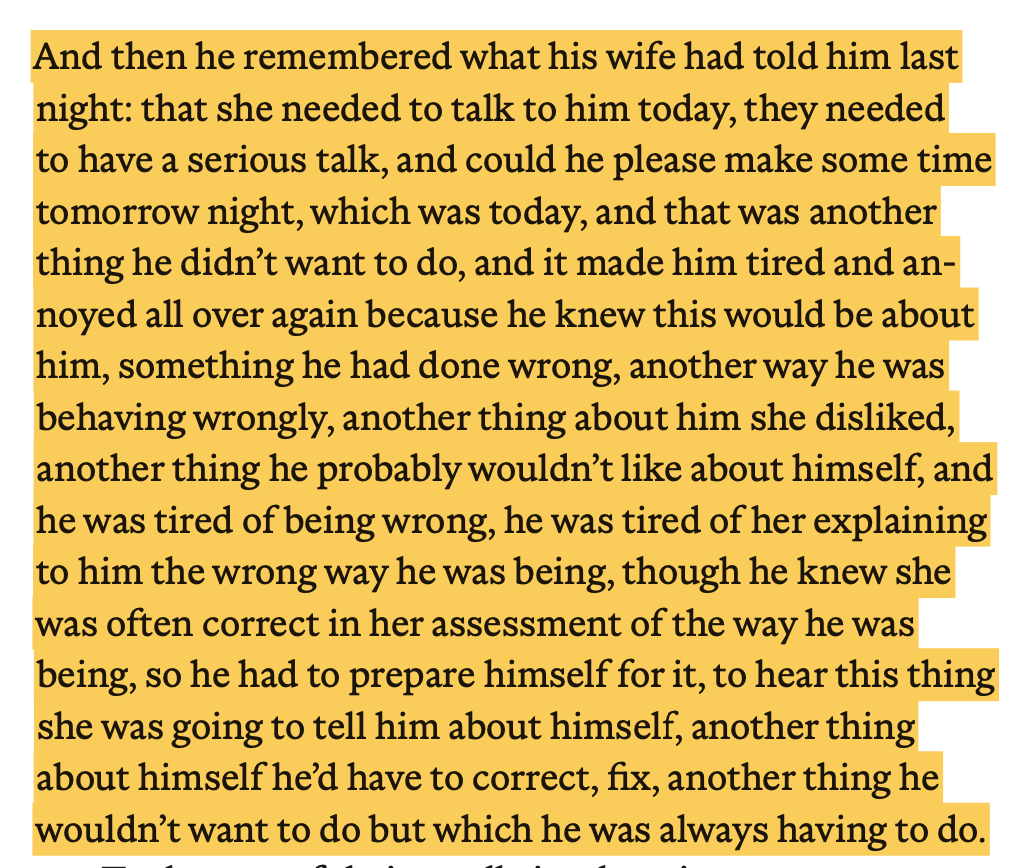

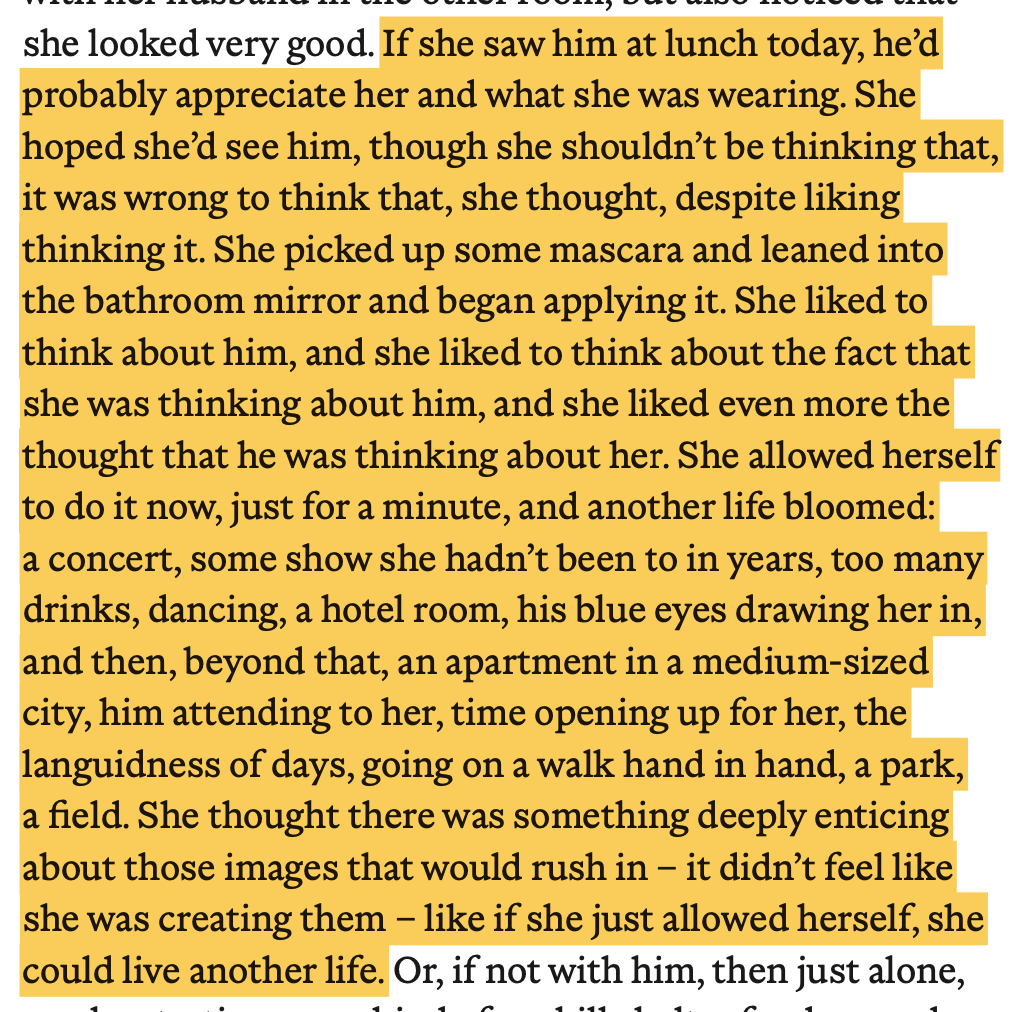
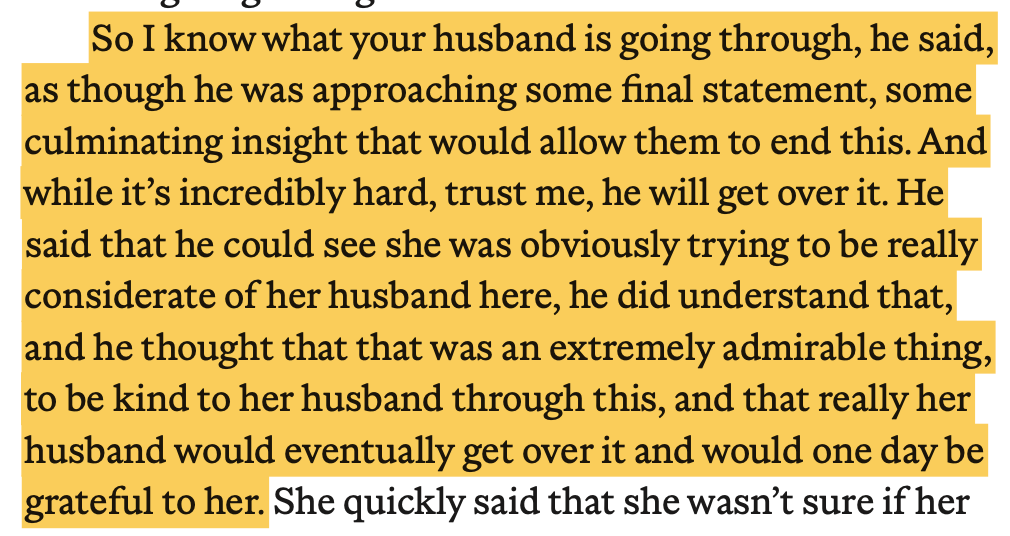
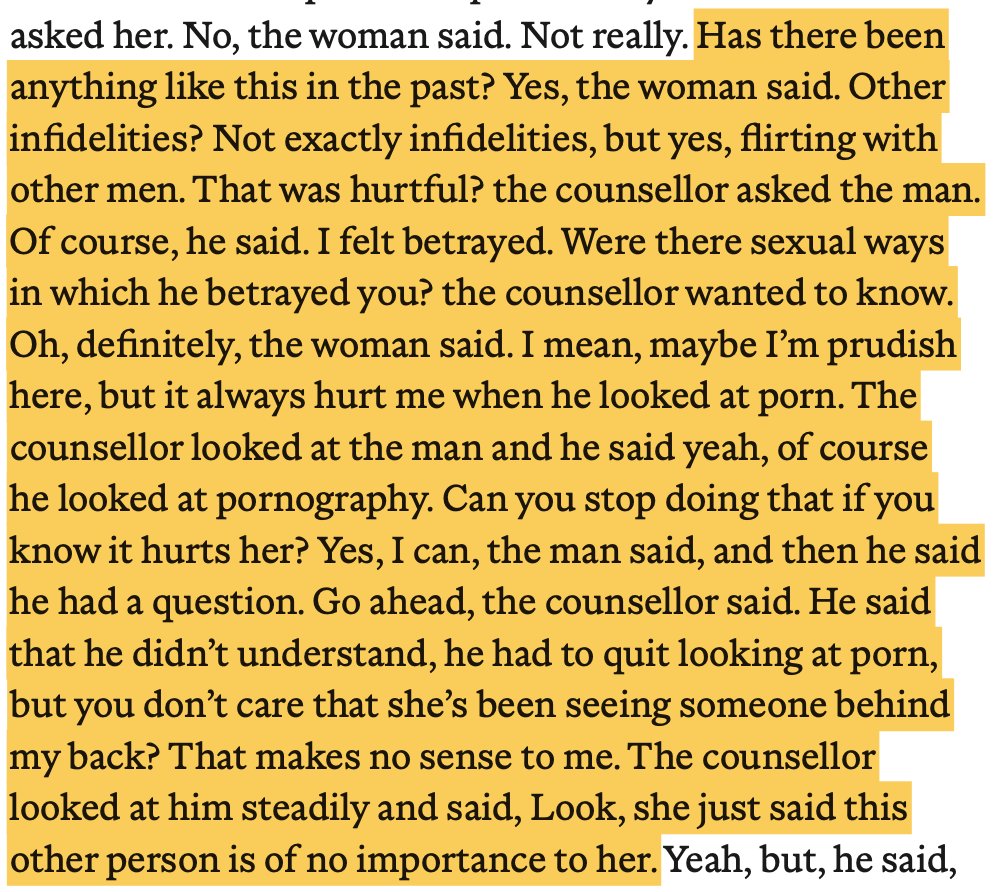
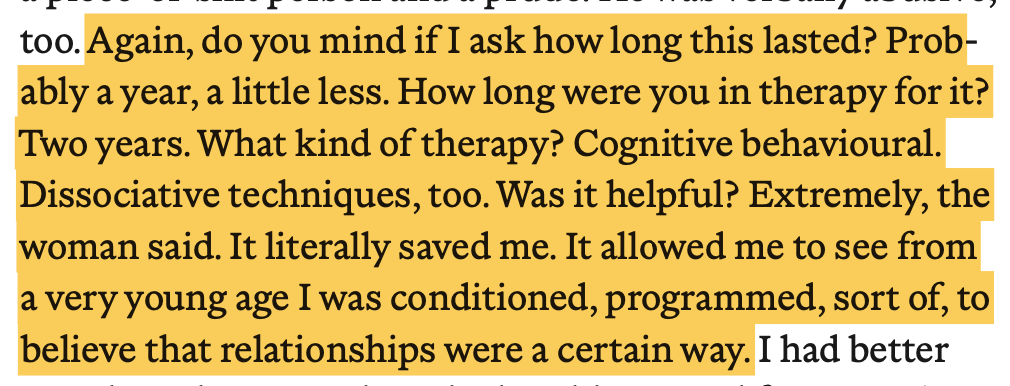
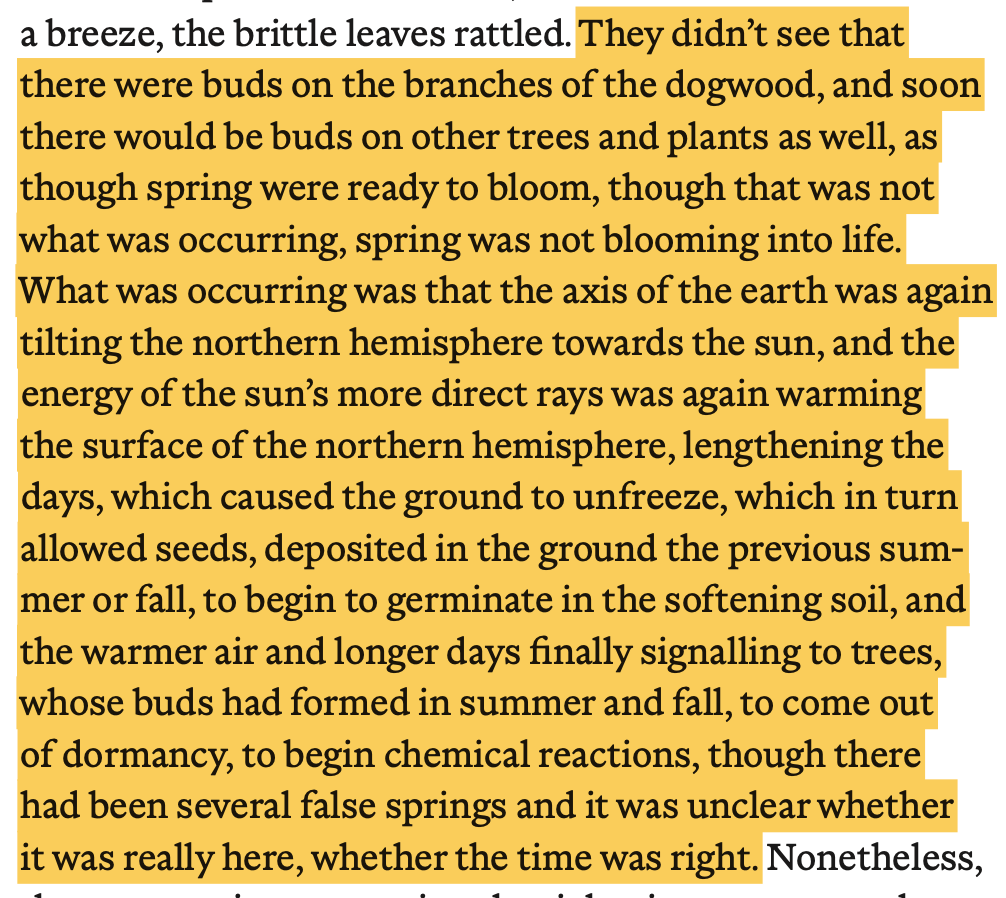
This is an incredibly astute reading, and it's so nice to have the book seen in this way. I'm impressed you pulled out Malick as one of my interests/influences. Most importantly though: thank you for taking this time with the book and for situating it and seeing it so clearly (and for seeing things I myself hadn't seen).
Nice review, this book sounds good and the excerpts show it to be well written. I have to say I see a lot of Knausgaard here. The whole thing about the rising and falling of the sun, spring blooming, etc., and how that’s not what’s really happening, that’s just our description of it, is pure Knausgaard. His whole thing is how there are two worlds—the material world, and the human world of meaning. If we decide to live in the purely material world, which is in some sense a “truer” world, our lives become meaningless. We can’t do this. But this also isn’t a truer world, because that’s a world without humans and language, and these things make the world, too. The style as well, the long sentences with independent clauses linked by commas—Knausgaard. Thanks for bringing this book up, I’ll try to read it at some point.